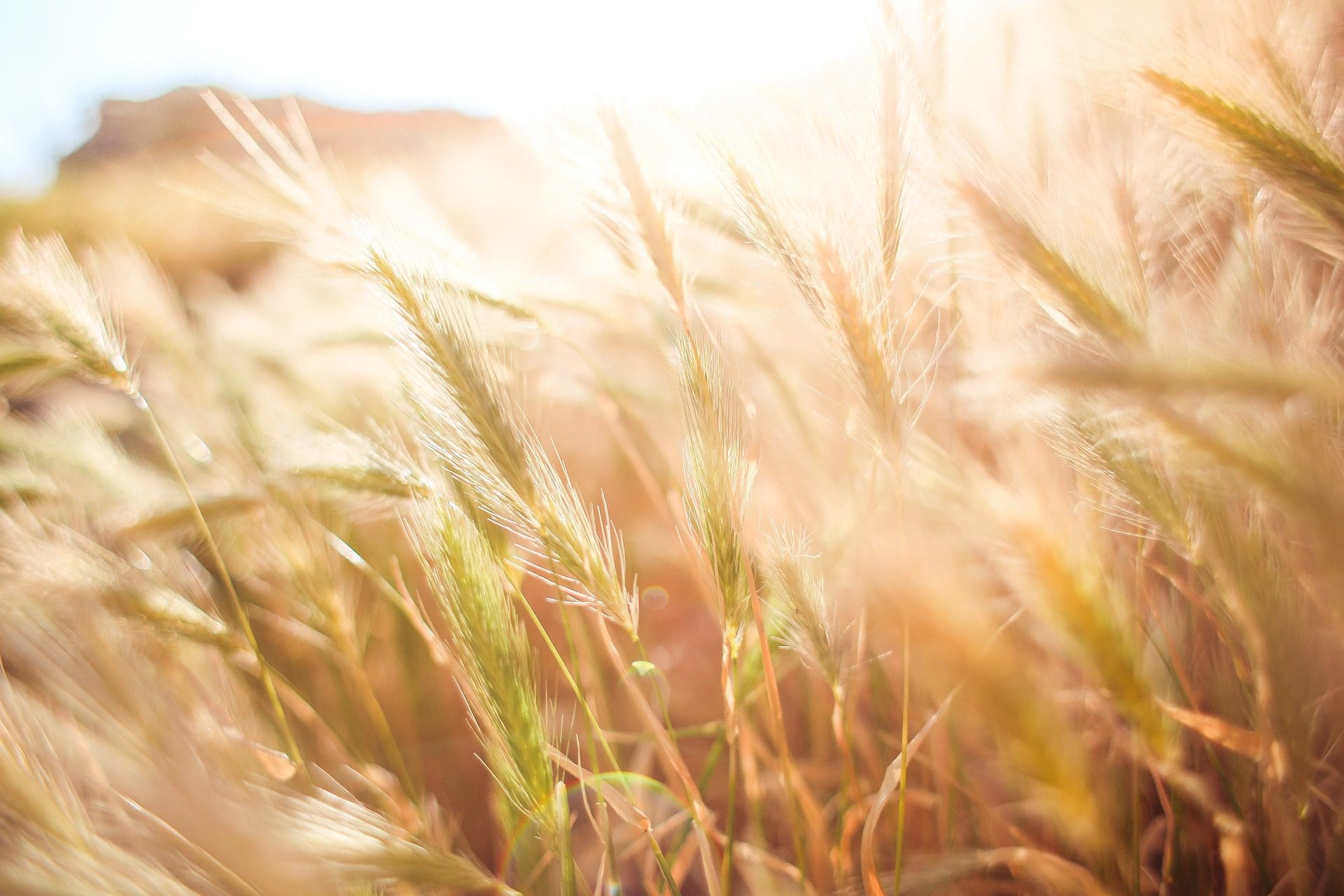But now Christ has been raised from the dead, the first fruits of those who are asleep. For since by a man came death, by a man also came the resurrection of the dead. For as in Adam all die, so also in Christ all will be made alive. But each in his own order: Christ the first fruits, after that those who are Christ’s at his coming… (1 Corinthians 15:20-23)
The apostle Paul refers here to one of the feasts of Israel, the feast of First Fruits. There are three major spring feasts in the Law of Moses: Passover, First Fruits, and Pentecost. We hear quite a lot about Passover and Pentecost, but little or nothing is said about First Fruits.
This is unfortunate and ironic, because it is this feast that foreshadows not only the resurrection itself, but also the promise it holds for mankind.
The best place to begin learning about the feasts of Israel is in Leviticus chapter 23, which is the only place where they are listed in calendar order. The feast of First Fruits is observed on the third day after Passover. You can read the instructions for the feast in Leviticus 23:9-14, but I will explain briefly:
The first sheaf of barley that was reaped by each Israelite was to be brought before a Levitical priest. The sheaf would be presented to the priest, who would offer it as a wave offering. This means it was waved back and forth, north to south and east to west, before the Lord. The grain was then beaten and ground into flour and presented as a grain offering on the altar, together with a burnt offering of a lamb and a drink offering of wine.
God’s acceptance of this offering was a pledge of a greater harvest to come.
It is this pledge of a greater harvest which foreshadows the significance of the resurrection. Jesus’ triumph over death is not merely a display of power. Christ is the first fruits of the dead, the pledge of the greater harvest to come, so that through his death we can have eternal life.
Jesus was crucified and buried at Passover, and rose from the dead on the third day, the feast of First Fruits. On the day of his resurrection, Jewish men who were heads of households would be ascending the steps of the temple to bring an acceptable offering before the Lord. In the same way, Jesus ascends to the heavenly temple, the tabernacle made without hands, to present himself as an acceptable offering (John 20:17; Hebrews 9:11).
The Old Testament is not just there so that Jesus and Paul could quote from it. The Law of Moses, in the words of at least one Bible teacher, gives us a portrait of the coming Messiah in great detail. It is not simply a collection of stories, rules, and genealogies.
Jesus always taught about himself from the Law and the Prophets, and the depth and detail of his fulfillment of the Law goes far beyond simply keeping all the rules. The entire Torah (the first five books of the Bible) prefigures his life, death, and resurrection.
If Jesus only rose from the dead to prove that he himself could not be held in its power, that would be an impressive feat.
But it would still offer us no hope.
It is because of his fulfillment of the feast of First Fruits that the authors of the New Testament could understand what the resurrection accomplished on our behalf. Because Jesus was a perfect offering, acceptable before God, he holds the promise of the greater harvest from the dead— and those of us who believe in him are the greater harvest!
Jesus said to her, “I AM the resurrection and the life; he who believes in me will live even if he dies, and everyone who lives and believes in me will never die.” (John 11:25)






